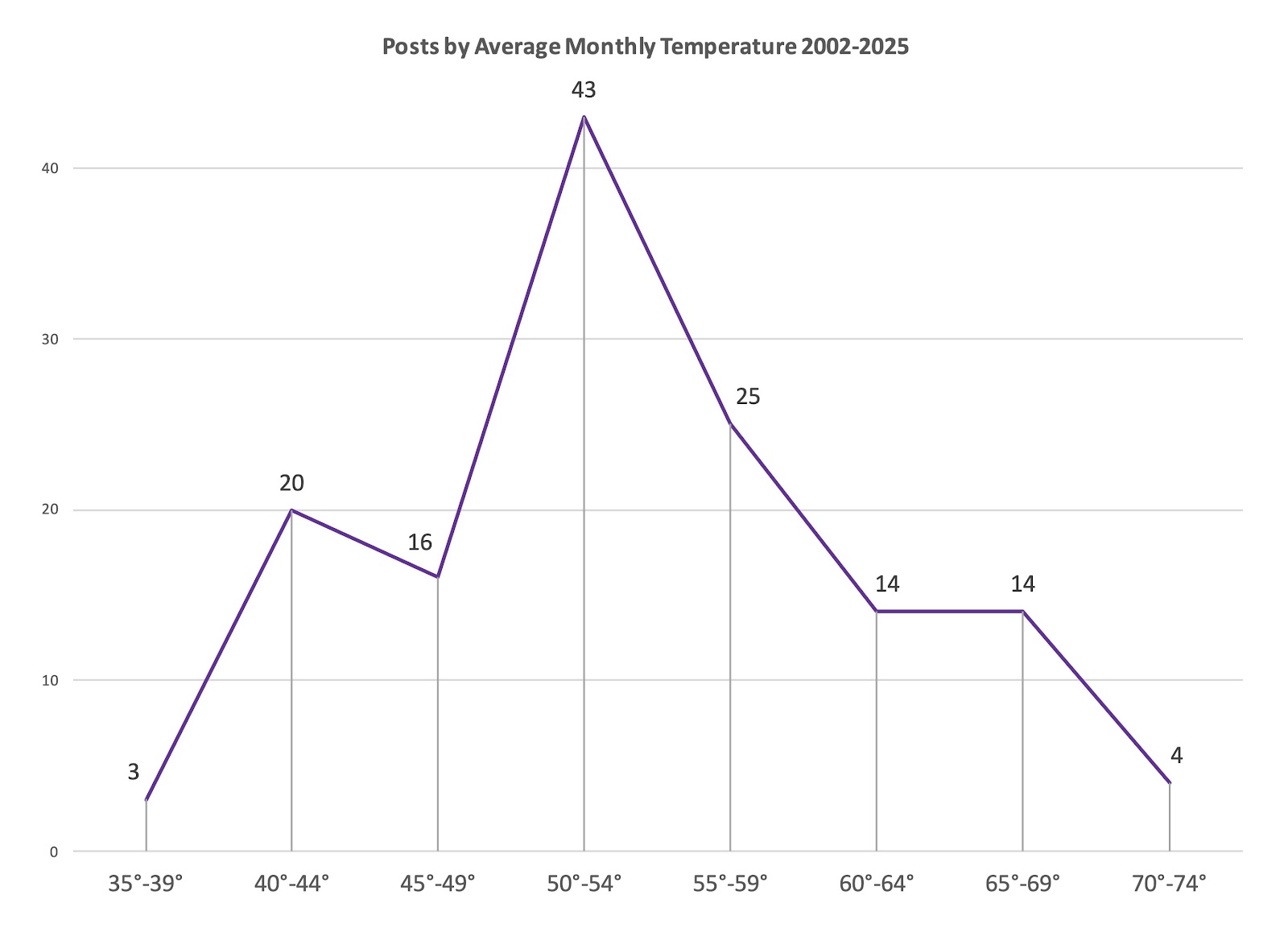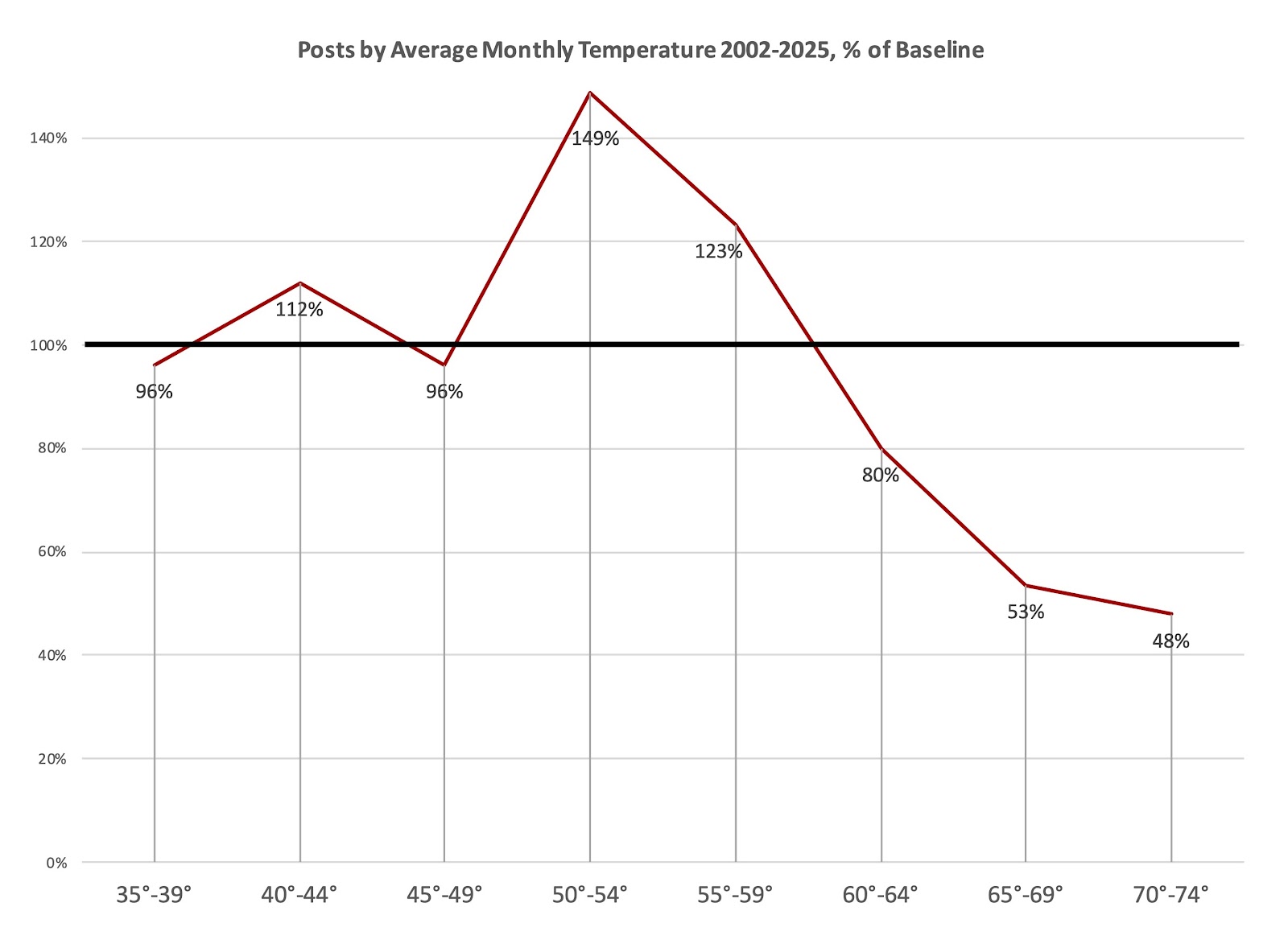I've been turning a series of proper posts about Koa phonology over in my head for years, and maybe I'll finally get around to this now that the temperatures have fallen and the rains have set in. In the mean time I hope this discussion will help me firm up my understanding and description of some of the more complex corners of this topic.
So then: the simplest Koa lexical word (i.e. predicate) shapes are of the form (C)VCV, as in
CVCV: halu "want," lani "sky"
VCV: ika "acceptable," oto "crow"
The above are clearly bisyllabic, theoretically the defining criterion for predicates as opposed to particles. I say "theoretically" because another major group of Koa roots, though formally similar, behave quite differently phonetically.
CVV: moe "dream," kai "sea," hiu "knife," paa "head," suu "mouth"
The reality is that, under ordinary circumstances, these VV sequences are not, in fact, pronounced as two consecutive full-length vowels in separate syllables, but as monosyllables: as lengthened vowels or diphthongs. We need a different phonological category here which I'm not entirely sure how to label: "long vowels" and "diphthongs" each sound exclusive of the other. "Polymoraic nuclei"? That's a bit much. Perhaps "complex vowels," against the "simple vowels" of the first two shapes?
Complex vowels, as it turns out, then, occupy about 1.2 to 1.5 times the duration of simple vowels, and thus CVV words are quite a bit shorter than CVCV words. Bisyllabic lani "sky," for example, is noticeably longer in duration than monosyllabic lai "return" or laa "therefore."
Where the two vowels are the same, we end up with a single long vowel: paa [pɑː]. This means that the orthography is imprecise at present; the aa in e.g. taahe "his arm," for instance, is pronounced as two full vowels in sequence, whereas in sáate "allowance" it represents a complex vowel of intermediate length. This distinction can probably be resolved by morphological context (i.e. sáa.te is composed of a predicate with a complex vowel followed by a suffix, whereas ta.ahe contains a predicate with two full syllables preceded by a prefix), but I have at times toyed with the idea of introducing a macron to make this absolutely explicit: taahe vs. sāte. As I suspect that my primary motivation here may simply be a love of macrons, I continue to restrain myself.
Back to the plot: where the origin and target differ, the resultant diphthong will be falling if the first member is non-high and the second is high: kai [kɑi̯] "sea," tei [tei̯] "onward," hoi [hɔi̯] "foot"; lau [lɑu̯] "shadow," ceu [ʃɛu̯] "damn," mou [mou̯] "disappear." These combinations have a relatively short duration, only slightly longer than a simple vowel. In all other combinations both vowels have syllabic value, with a transitional space between them; slight priority of duration is given to the first vowel.
I should clarify -- remembering that Koa is nominally intended as an IAL -- that it would not be incorrect to pronounce these complex vowels as sequences of two ordinary full vowels in separate syllables. In colloquial flowing speech, however, this would be unusual and would likely denote either a lack of fluency or some kind of marked pragmatic status (meli liiiiia "waaaaay too sweet").
Before continuing on, we should note one disallowed shape for predicates; these group instead with particles and affectives:
*VV: ae, ei, io, oe, ui, etc.
Now that all of the above has been thoroughly described, we can define the area of interest that originally inspired this post as a different type of predicate root: those of the form VVCV.
Right off the bat we will need to draw a distinction between two sets of what we have been calling complex vowels. This gets complicated very quickly, because vowel combinations with the particular phonetic characteristics discussed earlier do not necessarily pattern together!
On the one hand we have what we might designate as short complex vowels. These contain the true diphthongs ai, au, eu, oi -- diphthongs with one clear syllabic and one clear non-syllabic member. ei and ou, though phonetically members of this same set, pattern instead with long vowels.*
The set of short complex vowels also contains the combinations ia, ie, io, iu, because in initial or postvocalic position -- as distinct from the postconsonantal realization described earlier -- the i becomes fully non-syllabic: [ja, je, jo, ju]. Potentially similar rising dipththongs with u, however (ua, ue, ui, uo), do not pattern this way due to blocking by the phoneme /v/: as [w] is one of its primary allowable realizations, there would be no distinction between e.g. ue and ve in speakers who pronounce /v/ this way.
Our short complex vowels, then, are ai, au; eu; ia, ie, io, iu; oi.
Long complex vowels include everything else: the long vowels aa ii uu, and all remaining dipthongs ae, ao; ea, ei, eo; oa, oe, ou; ua, ue, ui, uo.
With these definitions in hand, we can now say that VVCV roots are allowed only if the initial complex vowel is short:
VVCV: aimo "star," auli "willing, eager," euca "selfish," iapu "spit," iela "whole, unbroken," iolo "jolly," iuna "train," oisa "seed."
*VV:CV: aela, outo, iisi, eoku, etc. (all disallowed)
NB: /v/ is disallowed after au and eu in VVCV roots, as e.g. *euva [ɛu̯wɑ] would be all but indistinguishable from eva [ɛwɑ] for those speakers who pronounce /v/ as [w].
The last allowable predicate shape, and the object of my recent discovery mentioned above, is the sonority festival VVV. This is possible only under very specific conditions: if the initial two vowels constitute a complex vowel, if that complex vowel is short, if the resultant form would have two syllabic nuclei, if the second member of the complex vowel is not u, and if the resultant form would not violate phonological constraints. Thus:
In VVV roots au and eu are not allowable as the initial complex vowel because e.g. *aua would be identical in pronunciation to ava for many speakers; ia, ie, io and iu are not allowable because the resultant forms would have only one syllabic nucleus (*iuu, *iai, *ioe, etc.); the final vowel may not be /i/ because the sequence [ji] violates phonological constraints (*aii [ɑji] etc.); and forms like *eia or *uio are not allowable because the initial complex vowel is not short.
So...after all that, there are only eight! But beautiful words, which I'm very happy to have discovered.
It occurs to me that we're now in a position to define the minimum Koa lexical word as either (A) having two syllabic nuclei, or (B) having a complex syllabic nucleus with onset, in a form that violates no phonological constraints.
The maximal root word, on the other hand, might be described something like this (possibly incomplete):
1. A maximum of two syllables (*keleki)
2. If containing two syllables, neither may satisfy minimum word conditions alone (*keile, *akai)
3. If containing a long complex vowel, a maximum of one syllable (*eile)
I've asked myself about condition 3 quite a lot of times. Whereas conditions 1 and 2 serve to prevent certain and profligate misunderstanding, there's nothing objectively wrong with words like *aela...except that they're just too heavy to be Koa. The language doesn't have Estonian's oomph, and they feel like compounds even though they technically couldn't be.
...and that, ladies and gentlemen, is that! Time to go put some yams in the oven. It's been fascinating to discover how much complexity has emerged here: none of this was anything I would ever have expected in 1999.
* Sequences of identical mid vowels are disallowed within predicates, as the distinction between e.g. /ee/ and /ei/ was deemed likely to be too marginal to bear semantic load for many speakers. One could say, perhaps, that [ei̯] is the surface realization of both /ee/ and /ei/, and that [ou̯] is the surface realization of both /oo/ and /ou/. As such, ei and ou pattern with long complex vowels even though their phonetic realization, short in duration, matches that of other true diphthongs like au and oi.








